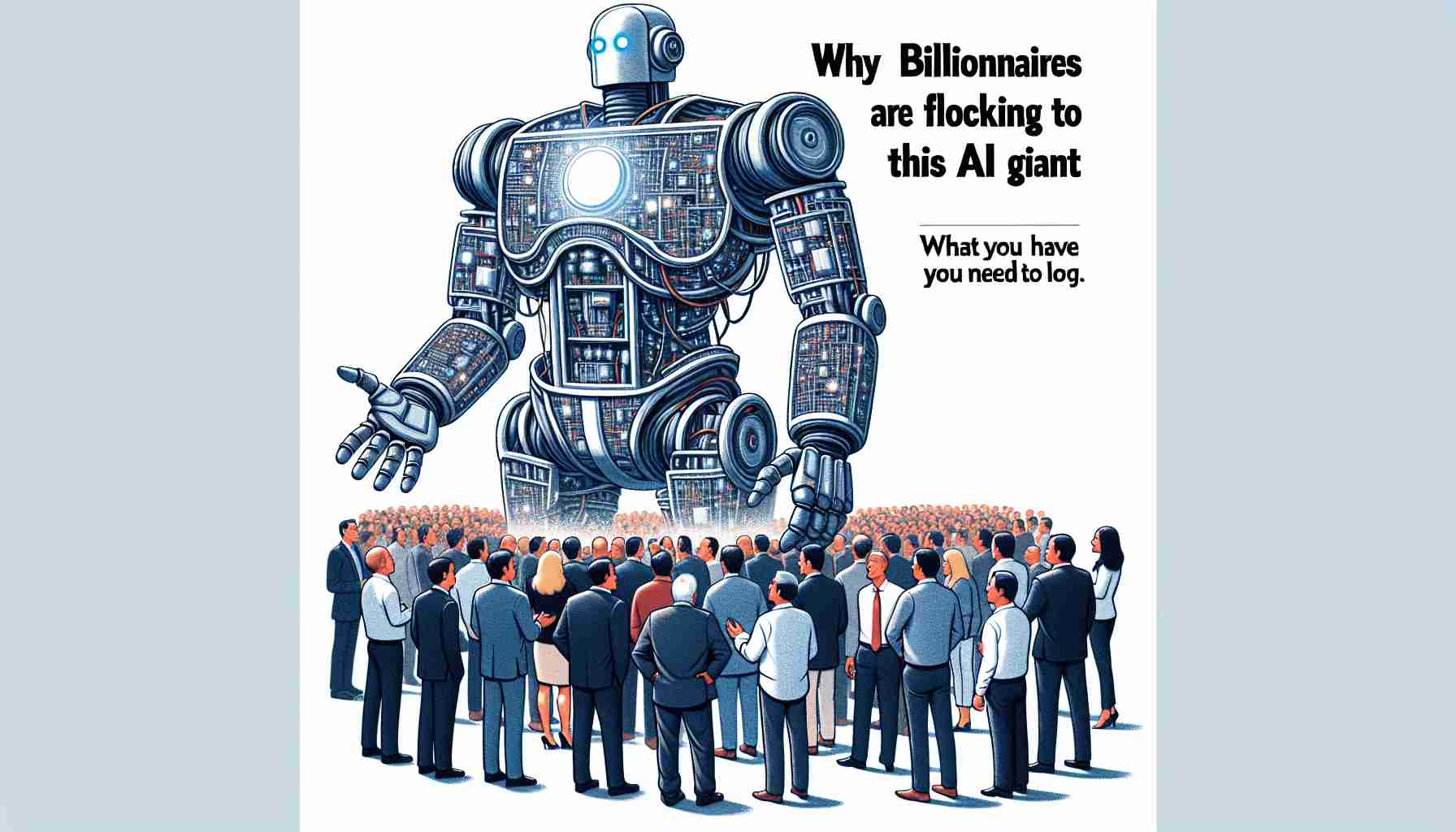Revolutionizing the Hospitality Sector with AI
The use of artificial intelligence (AI) is gaining momentum in the creation of innovative recipes and culinary delights. While some may doubt its current ability to cater to unique guest needs, industry experts believe that AI technology could soon provide a significant advantage to businesses in Hungary, particularly in understanding customer preferences.
Challenges and Opportunities
Despite the potential benefits, many food establishments in Hungary, typically small family-owned businesses, lack the IT expertise to leverage AI systems effectively. The reluctance of older generations to embrace new technology presents a barrier to AI integration in the hospitality sector.
Transforming Operations and Enhancing Customer Experience
Internationally, AI-driven systems are being increasingly adopted in various stages of food service, from streamlining order processes to improving payment solutions. Companies like Tonny Pizza have reported a boost in revenue through the automation of orders and payment systems, highlighting the efficiency and cost-effectiveness of AI implementation.
Slow Adoption and Reservations
While the global trend favors AI integration in restaurant operations, the pace of adoption in Hungary remains gradual. Some experts, like Rudolf Semsei, express skepticism about the viability of AI-driven robotic services in serving customers, emphasizing the importance of human interactions for a superior dining experience.
Enhancing Guest Experience through AI
AI technology is currently being used to analyze customer feedback and enhance overall guest experience. By leveraging AI-powered solutions for collecting and analyzing reviews, businesses can gain valuable insights to improve service quality and customer satisfaction.
Empowering Staff and Recognizing Excellence
AI tools are also utilized for text writing, translation, and performance analysis. By harnessing AI capabilities, businesses can not only streamline operations but also boost employee morale by recognizing top-performing staff based on data analytics.
As the hospitality industry navigates the digital landscape, embracing AI innovations promises to redefine the future of dining experiences, balancing technological efficiency with the warmth of genuine human hospitality.
Exploring New Frontiers: AI Integration in Hospitality
In the dynamic realm of the hospitality industry, the incorporation of artificial intelligence (AI) technologies is heralding a wave of transformative possibilities beyond what meets the eye. While the existing discourse revolves around the application of AI in recipe creation and customer preferences, there are a plethora of other facets to be delved into for a comprehensive understanding of AI’s impact on dining experiences worldwide.
Unveiling Key Questions and Insights
1. How is AI revolutionizing menu design and pricing strategies?
AI is not just about automating processes but also about optimizing menu items based on customer preferences, dietary restrictions, and even external factors like weather patterns to maximize profitability and customer satisfaction.
2. What are the ethical implications of using AI in the hospitality sector?
The use of AI raises concerns regarding data privacy, bias in recommendation algorithms, and job displacement. Balancing technological advancements with ethical considerations is paramount for sustainable AI integration.
Navigating Challenges and Controversies
One of the primary challenges faced by the industry is the ethical use of AI-generated data and the potential implications for customer trust and privacy. Additionally, there is a lingering debate over the extent to which AI should replace human interactions in hospitality settings, as genuine human touch remains a cornerstone of exceptional service.
Advantages and Disadvantages of AI in Hospitality
Advantages:
– Enhanced operational efficiency through AI-driven forecasting and inventory management.
– Personalized guest experiences by tailoring recommendations and services based on individual preferences.
– Streamlined processes such as reservations, ordering, and payments, leading to cost savings and improved customer satisfaction.
Disadvantages:
– Initial high implementation costs and the need for specialized training for staff to operate AI systems effectively.
– Potential loss of jobs or displacement of low-skilled roles as AI takes over repetitive tasks.
– Risks of overreliance on AI leading to a lack of human touch and personalized interactions, affecting the overall guest experience.
While the prospects of AI in the hospitality sector appear promising, it is essential for stakeholders to address the inherent challenges and controversies to ensure a harmonious integration of technology with traditional hospitality practices.
Explore further resources on AI in hospitality at Hospitality Net.






















